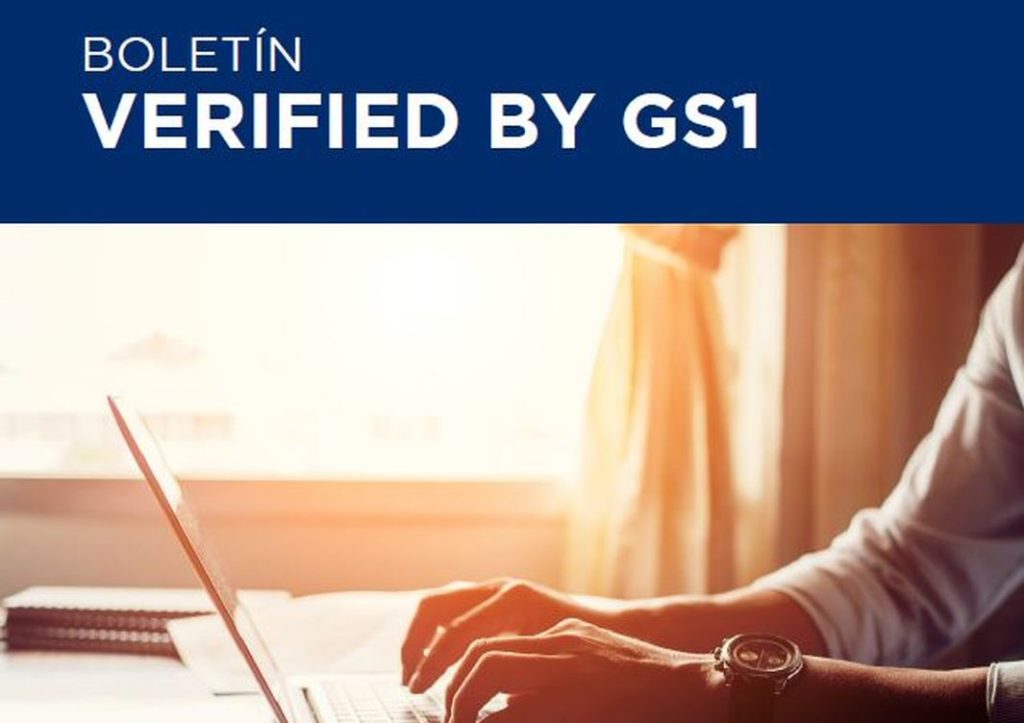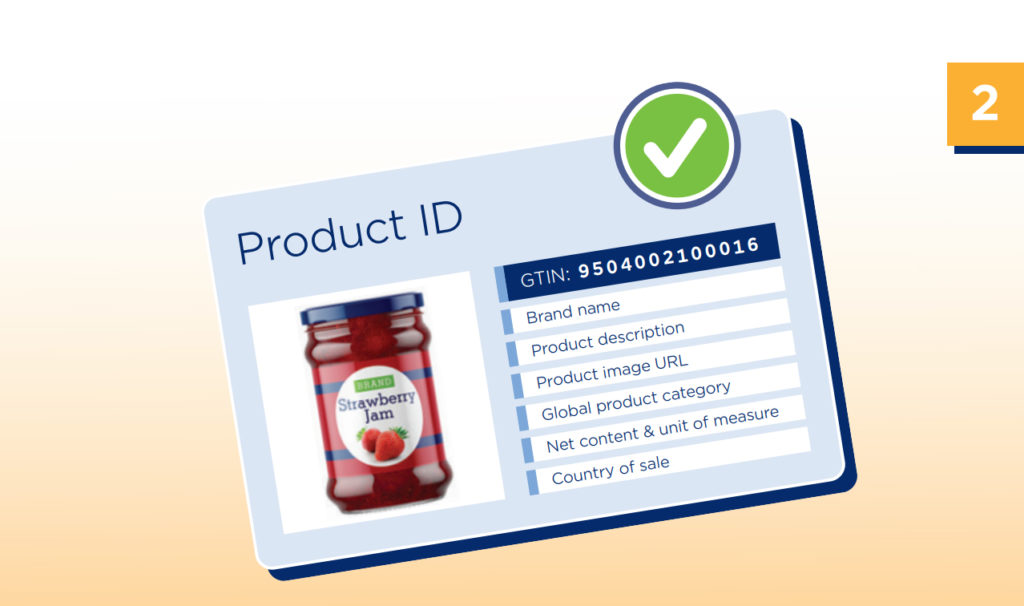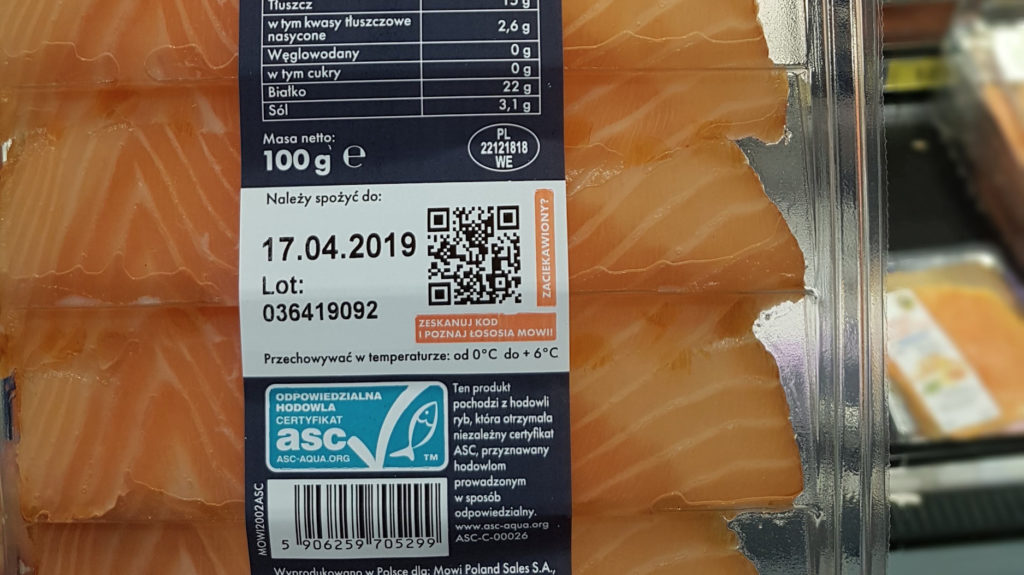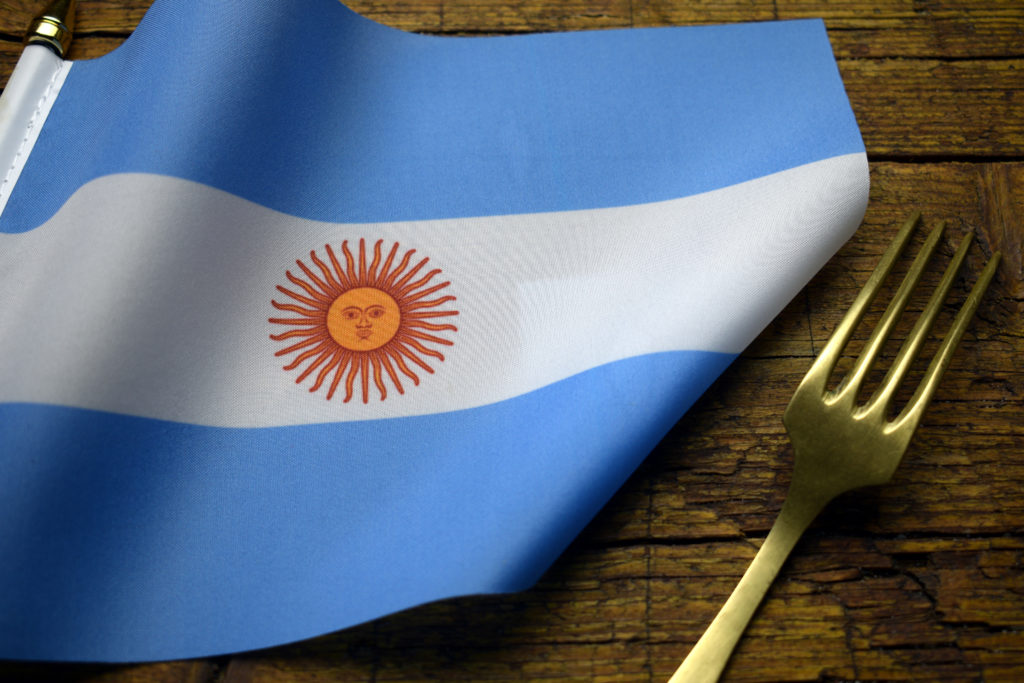Explore Tags
#Food Waste, #Global Summit, #Supply Chain, #Mondelēz International, #Carrefour, #Walmart, #Unilever, #PepsiCo, #Tesco, #CGF latam, #executive summary, #Employee Wellbeing, #Sustainable Supply Chains, #Climate Action, #Case Study, #summit, #consumer goods forum, #data, #summit summary, #P&G, #Plastic Waste, #New Members, #Grupo Bimbo, #Product Data, #CGF, #Human Rights Due Diligence, #Sustainable Development, #decarbonisation,
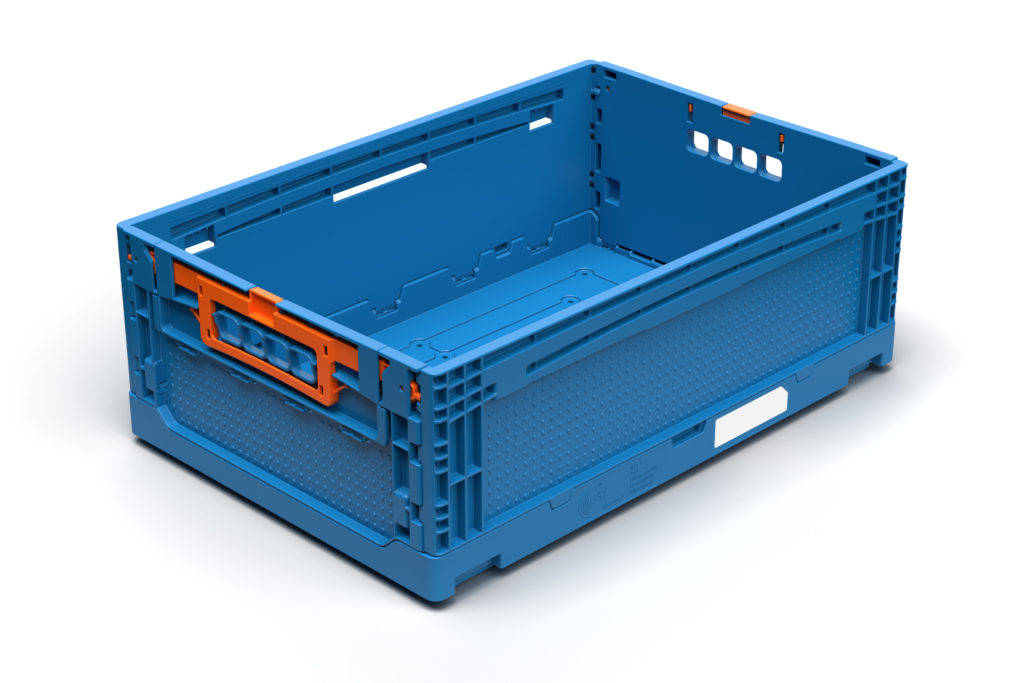
![[Webinar] QR Code Implementation with GS1 Standards](https://www.theconsumergoodsforum.com/wp-content/uploads/2025/02/2D-Webinar-copy-1-3-3.jpg)
